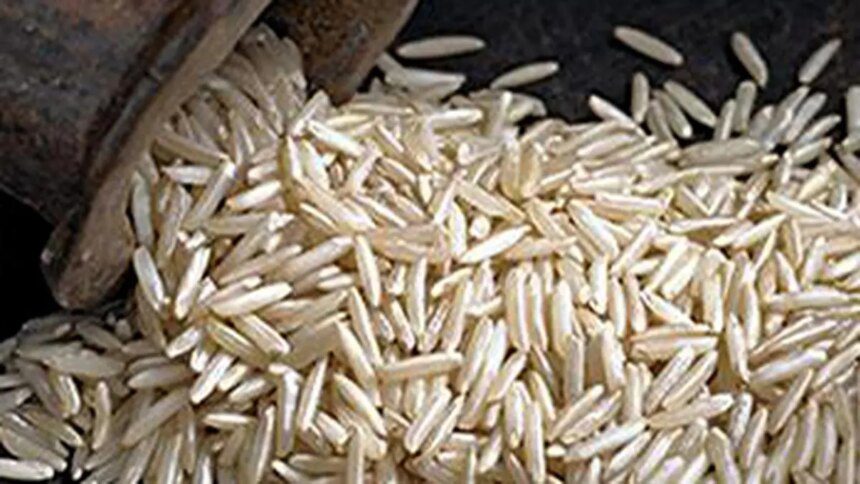Basmati exporters from Haryana and Punjab have raised concerns over the recent increase in fees for registering export contracts, rising from ₹30 to ₹70 per tonne. The Agricultural and Processed Food Products Export Development Authority (APEDA) may collect over ₹31 crore for the fiscal year 2025-26 if India maintains the same level of exports as in 2024-25, marking a 73% increase from the previous year, according to industry sources.
Exporters point out that while the fee hike seems minor, it is neither classified as a tax nor as a cess, thus avoiding scrutiny regarding its use. They refer to recent flooding in Punjab, which left Basmati farmers struggling with sand accumulation on fields after the water receded, arguing that the Basmati Export Development Foundation (BEDF) fund should have been allocated to aid in these circumstances.
As of March 31, 2025, the BEDF reportedly held a fund of about ₹25 crore. Exporters cited a 2005 decision by the BEDF Board to suspend contributions until the fund dropped below ₹10 crore. They noted that the fee was suspended from 2005 to 2012, before being reinstated at ₹50 per tonne in 2013 and subsequently lowered to ₹30 per tonne in 2014.
The Haryana Rice Exporters’ Association (HREA) contends that the increase in registration-cum-allocation certification (RCAC) fees was neither discussed nor approved during the BEDF Board Meeting held on June 24, 2025. They have questioned the legitimacy of its implementation.
On August 6, APEDA announced in a circular that the Department of Commerce had approved the higher contribution of ₹70 per tonne to the BEDF, stating that all contracts for Basmati exports would now require a processing fee of ₹70 per tonne plus GST.
Exporters clarify that the fees collected through contract registration are shared equally between APEDA and the BEDF.
Official statistics indicate that India exported approximately 6.07 million tonnes of Basmati rice valued at $5.94 billion during FY 2024-25, with 2.73 million tonnes worth $2.38 billion exported from April to August of the current fiscal year. Industry experts note that not all registered contracts translate directly into shipping volumes due to overlaps. However, based on physical export data, APEDA may have already collected over ₹8 crore from shipments at the previous ₹30 per tonne fee during April to August. Should the ₹70 per tonne rate be applied to expected shipments from September to March, total revenue could exceed ₹23 crore, based on projected exports of over 3 million tonnes.
The Punjab Rice Millers Exporters Association characterized the fee increase as “unusual,” labeling it arbitrary and stating that it imposes a significant burden on the trade, urging for its immediate retraction.
Similarly, the HREA has requested APEDA to reconsider and revert the RCAC fees to the earlier ₹30 per tonne in the interests of facilitating trade and maintaining stakeholder confidence. The abrupt fee rise has caused significant concern among industry members given the current challenges faced by exporters and farmers alike.
The silence and acceptance regarding the fee hike by the All-India Rice Exporters’ Association (AIREA) have sparked discussions about the relevance of the national body, with many exporters questioning the majority stance. If both Punjab and Haryana’s Basmati associations are in agreement on a matter, industry insiders believe the government should take heed rather than solely relying on AIREA’s position.
In May, businessline had reported that Commerce Minister Piyush Goyal suggested raising the registration fee for Basmati contracts to ₹100 per tonne, although this proposal met with objections from some prominent Basmati exporters during the meeting.
Published on October 3, 2025.









